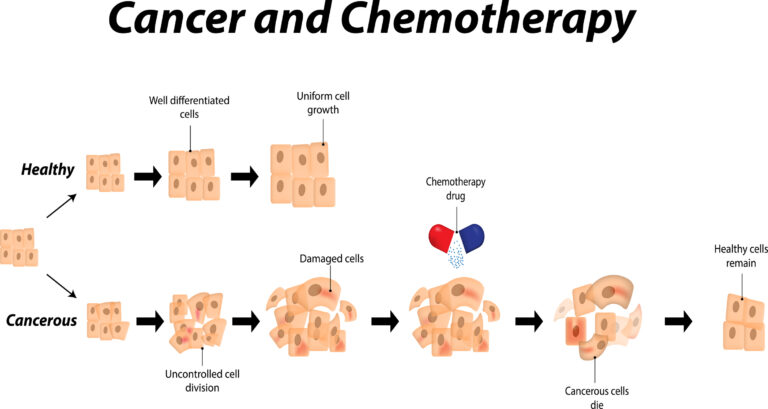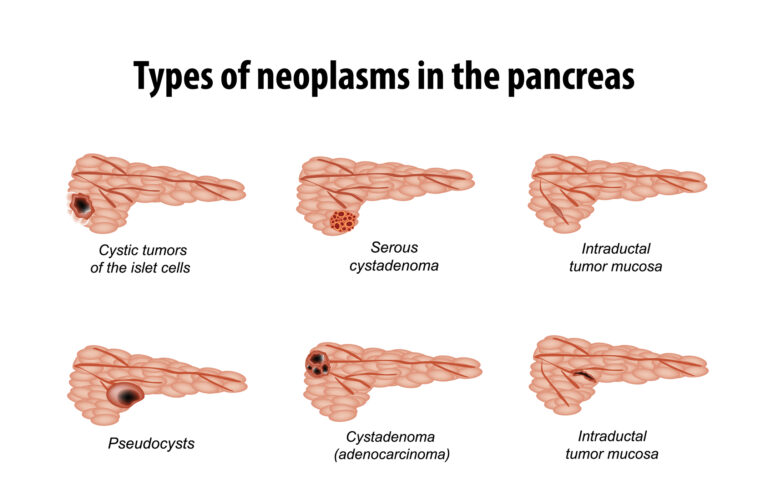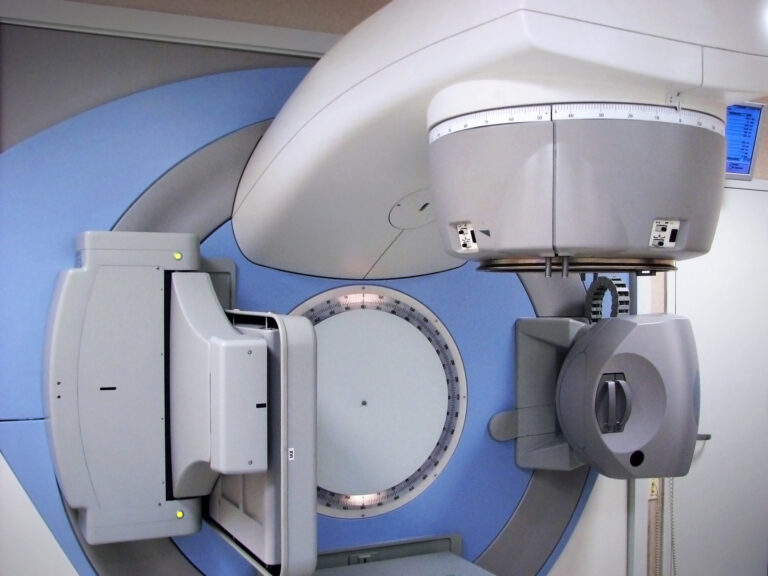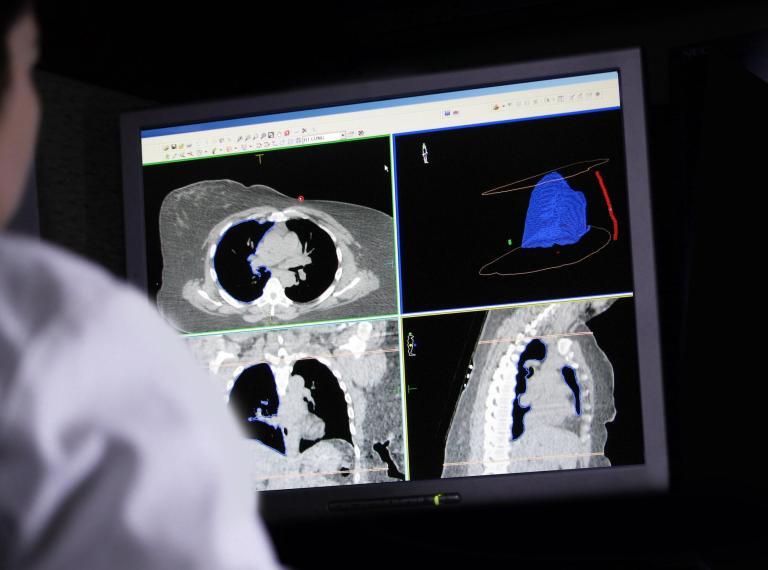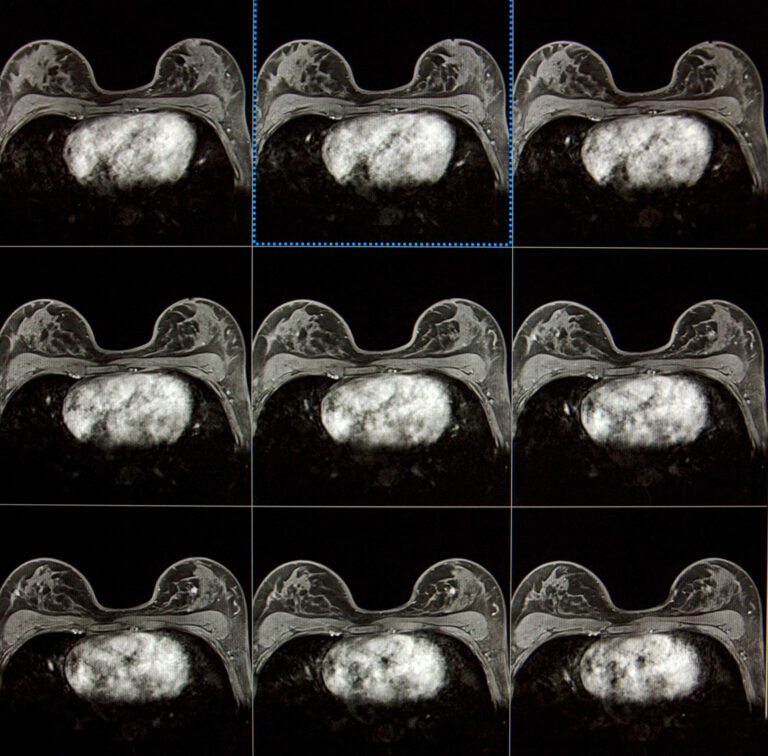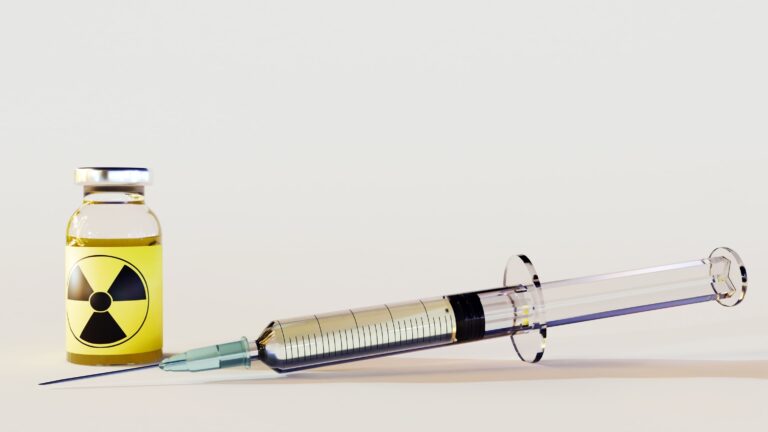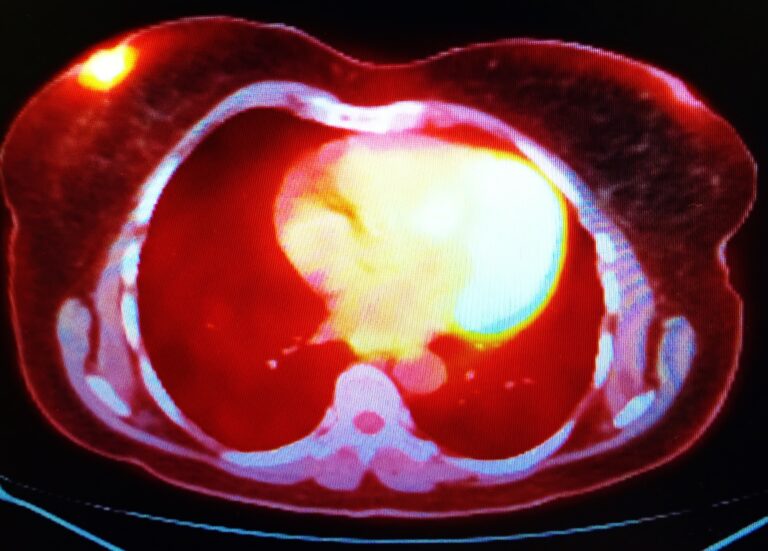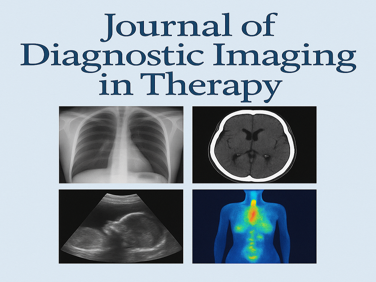Breast Cancer
Breast cancer is the most widespread carcinoma in the United Kingdom, accounting for 15% of all cancer diagnoses. This alarming statistic means 150 individuals across the UK are diagnosed with carcinoma daily. Unfortunately, 31 of these individuals will lose their fight against the disease, making it the leading cause of death among women aged 35-49.
Cancer usually originates in the ducts or lobes of the breast and spreads into surrounding breast tissue. If the carcinoma remains within the lobes or ducts, it is called ductal carcinoma in situ (DCIS). DCIS is not life-threatening if treated appropriately, but it can still cause concern. The most common type of invasive breast cancer is invasive ductal carcinoma, which has a higher potential for spreading to other body parts. In comparison, invasive lobular carcinoma is less common but can also extend beyond the breast tissue.
There are also rarer types of breast cancer, such as Paget’s disease of the breast, which causes the red, scaly skin rash of the nipple and is often associated with DCIS. Another rare form is inflammatory breast cancer, which results in the breast becoming inflamed and swollen, often without a detectable lump.
The prevalence of breast cancer in the UK highlights the importance of early detection, as early diagnosis significantly improves the chances of successful treatment and survival. Regular self-examinations and mammograms can help identify potential breast abnormalities or changes that may warrant further investigation.
Advancements in research and technology have led to improved treatments for breast cancer, including surgery, radiation therapy, chemotherapy, hormonal therapy, and targeted therapy. The choice of treatment largely depends on the stage of cancer, the patient’s overall health, and personal preferences.
home » breast cancer



